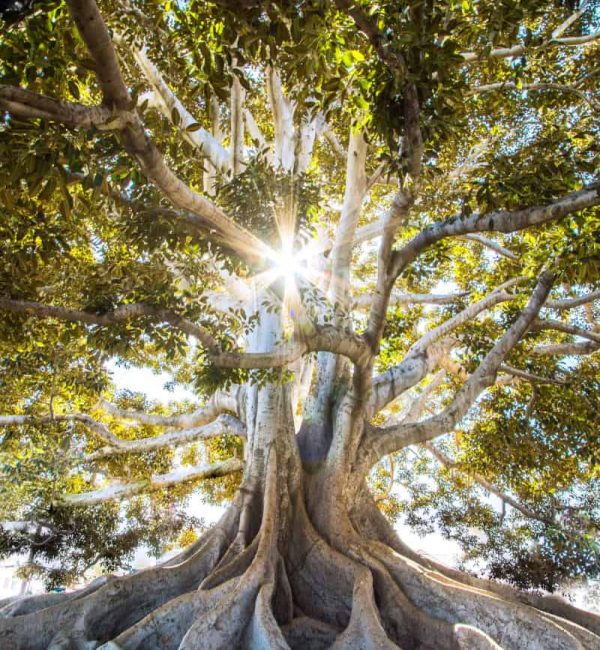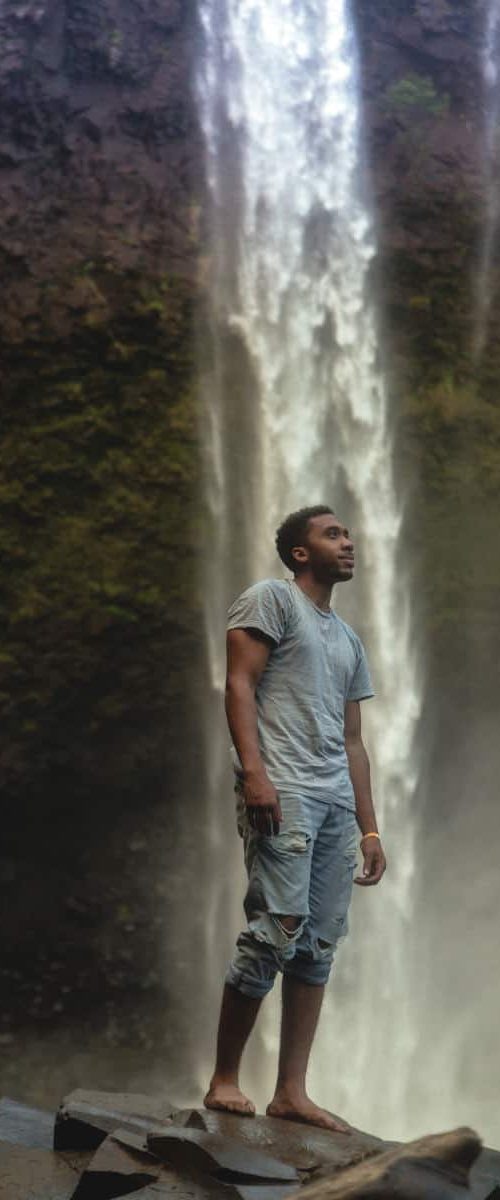A few words
About Ecotherapy
Ecotherapy is made up of two Greek words, ecos/oikos (home) and therapeia (to attend to, to care for). Ecotherapy is caring for and attending to our responsibility in our relationship with our natural home/Earth, on individual, family, community and global levels.
Why is this relationship in such disastrous, life-threatening shape?
There are many answers to this, but one of the most common explanations is that modern industrial culture has destroyed the waters, soil, air, plants, and people. Indigenous cultures and wisdom have always understood and taught the impossibility of human health, prosperity and wellbeing in the absence of a healthy planet and healthy human relationships with Earth, each other and the human and more-than-human world.
Instead, now we find ourselves living with the life-threatening consequences of an industrial culture that posits that humans are somehow separate from and superior to the rest of nature. This delusion has lead to Climate Chaos and great suffering for all living beings on Earth including a dramatic increase in mental, spiritual and physical distress.
At the AESJ we believe that Ecotherapy can facilitate reciprocal healing for humans and all beings on Earth.


History of ecotherapy and many different ecotherapies
The field of ecotherapy has arisen to help us learn how to heal ourselves, our land and our cultures through deep contact with various aspects of the rest of nature. The first book of that name, Ecotherapy: Healing Ourselves, Healing the Earth, was written in 1996 by pastoral counselor Howard Clinebell and many books, articles and trainings have followed. They focus on a variety of different ecotherapies, including animal-facilitated therapy, wilderness or forest immersion work, horticultural and urban garden therapy, community-based ecotherapy integrated with social justice, and ecotherapies involving nature-based arts, music, ritual and movement.
Research has shown that contact with almost any aspect of the rest of nature is profoundly healing for many different problems, including depression, addictions, health challenges, autism, grief, despair, trauma/PTSD, and more.
Liberation Ecotherapy ®
Despite the abundance of research demonstrating the beneficial effects of nature on our cognitive, emotional, spiritual, and physical wellbeing, nature based interventions are understudied and underutilized as a mental health strategy (Capaldi et. al 2015)
Connecting with nature is a relatively easy and cost-effective mental health intervention. Evidence suggests that repeated contact with nature produces larger increases in wellbeing than other interventions commonly cited in the positive psychology literature (Passmore & Howell, 2014).
Although some psychotherapists are incorporating nature into their practice (Berger & McLeod, 2006; Burns, 1998; Buzzell & Chalquist, 2009; Hasbach, 2012), relatively few community based programs appear to be utilizing nature as a positive mental health strategy. In addition, the field of Ecotherapy has historically failed to address issues of social and environmental and racial justice, such as lack of access to nature, the high cost and lack of access to individual psychotherapy, and lack of cultural competency, cultural diversity and cultural awareness among Ecotherapists.
At the Alliance for Ecotherapy and Social Justice we are expanding the field beyond what Ecopsycholgist Andy Fisher calls a “Recollective Ecopsychology” or Ecotherapies that help us to “re-member" we are nature.
Instead at AESJ, we are focusing on what our founder J. Phoenix Smith has coined Liberation Ecotherapy ® - A Healing Justice Ecotherapy that focuses on practices that not only help us to reconnect to nature for our own healing, but focuses on collective care to provide safe and brave spaces for us to engage in the political work of social justice as well.


